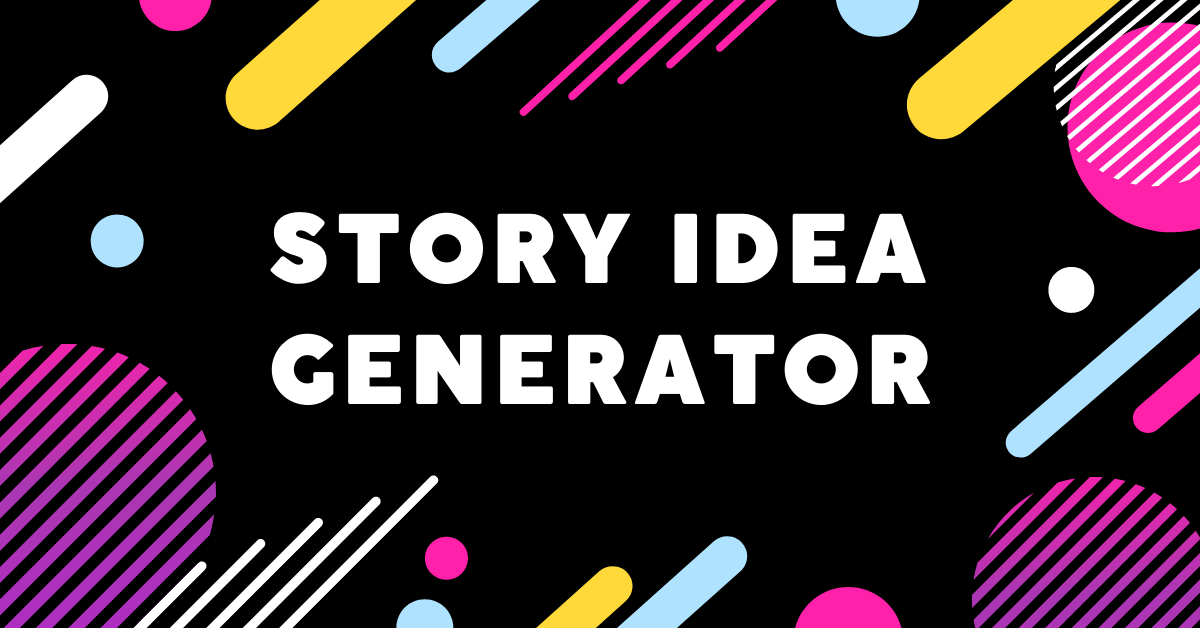Unveiling the Main Concept of Social Learning Theory
Introduction to Social Learning Theory
What is Social Learning Theory?
Ever wondered why you unconsciously pick up your friend’s slang or learn to tie your shoelaces watching others? That’s the essence of social learning theory. It proposes that we learn through observing others’ behaviors, attitudes, and the consequences they experience.
Origins of Social Learning Theory
Social learning theory isn’t a newfound fascination. Its roots trace back to the pioneering work of psychologist Albert Bandura in the 1960s. Bandura revolutionized the field challenging traditional behaviorism and highlighting the role of cognitive processes in learning.
Key Concepts in Social Learning Theory
Observational Learning
At the heart of social learning theory lies observational learning – the process of acquiring new behaviors or knowledge observing others. Whether it’s mastering a musical instrument or learning to cook a new recipe, we often rely on observing others’ actions and outcomes.
Imitation and Modeling
Ever noticed how children mimic their parents’ behaviors or how employees emulate successful colleagues? That’s the power of imitation and modeling. We’re more likely to replicate behaviors that we find rewarding or socially acceptable.
Reinforcement and Punishment
In the realm of social learning, reinforcement and punishment play pivotal roles. We’re inclined to repeat behaviors that result in favorable outcomes (reinforcement) while avoiding those leading to adverse consequences (punishment).
Theoretical Framework
Bandura’s Contributions
Albert Bandura, the architect behind social learning theory, emphasized the reciprocal interaction between behavior, environment, and individual factors. His framework provided a holistic understanding of how learning occurs within social contexts.
Vicarious Reinforcement
Bandura introduced the concept of vicarious reinforcement, suggesting that we don’t need to experience rewards or punishments firsthand to learn. Witnessing others’ experiences can shape our behaviors through vicarious reinforcement.
Self-Efficacy
Central to social learning theory is the notion of self-efficacy – the belief in one’s ability to succeed in specific situations. Individuals with high self-efficacy are more likely to engage in challenging tasks and persevere in the face of adversity.
Applications of Social Learning Theory
Education
In the realm of education, social learning theory underscores the importance of peer modeling, collaborative learning, and providing diverse role models to foster academic success and socio-emotional development.
Psychology
From cognitive-behavioral therapy to addressing phobias and addiction, social learning theory serves as a cornerstone in psychological interventions. Therapists leverage modeling and reinforcement techniques to modify maladaptive behaviors.
Behavioral Therapy
Behavioral therapists harness the principles of https://www.plurapage.com/ to treat various behavioral disorders, such as autism spectrum disorders and attention-deficit/hyperactivity disorder (ADHD), teaching adaptive behaviors through modeling and reinforcement.
Critiques and Limitations
Overemphasis on Behavior
Critics argue that social learning theory overlooks the role of internal processes, such as thoughts and emotions, in shaping behavior. While behavior is undoubtedly influenced environmental factors, cognitive processes also play a crucial role.
Cultural Variations
One size doesn’t fit all when it comes to social learning theory. Cultural nuances and societal norms significantly influence the efficacy of modeling and reinforcement techniques, highlighting the need for cultural sensitivity in its application.
Ignoring Biological Factors
While social learning theory emphasizes the role of environmental factors, it often overlooks biological predispositions and genetic influences on behavior. Integrating biological perspectives can provide a more comprehensive understanding of human behavior.
Recent Developments and Extensions
Social Cognitive Theory
Bandura later expanded social learning theory into social cognitive theory, incorporating cognitive processes like attention, memory, and motivation into the learning framework. This evolution enriched our understanding of how individuals acquire and maintain behaviors.
Online Social Learning
With the advent of digital platforms, social learning has transcended physical boundaries. Online communities, educational platforms, and social media serve as fertile grounds for observing, imitating, and reinforcing behaviors in virtual environments.
Real-Life Examples
Parenting
Parents are unwitting teachers, shaping their children’s behaviors through modeling and reinforcement. From table manners to language acquisition, children learn observing and imitating their parents’ actions.
Workplace Dynamics
In the corporate realm, organizational culture and leadership behavior set the tone for employee conduct. Successful leaders serve as role models, inspiring their team members through their actions and behaviors.
Media Influence
Mass media wields significant influence in shaping societal norms and behaviors. From advertising to entertainment, media representations serve as powerful models, influencing viewers’ attitudes and behaviors.
Impact on Society
Shaping Social Norms
Social learning theory underscores the role of societal influences in shaping norms and values. By understanding the mechanisms of observational learning, policymakers and social activists can promote positive behavioral change at a societal level.
Addressing Social Issues
From combating prejudice to promoting health behaviors, social learning theory offers insights into addressing pressing social issues. By strategically employing modeling and reinforcement techniques, interventions can be tailored to foster desirable behaviors.








